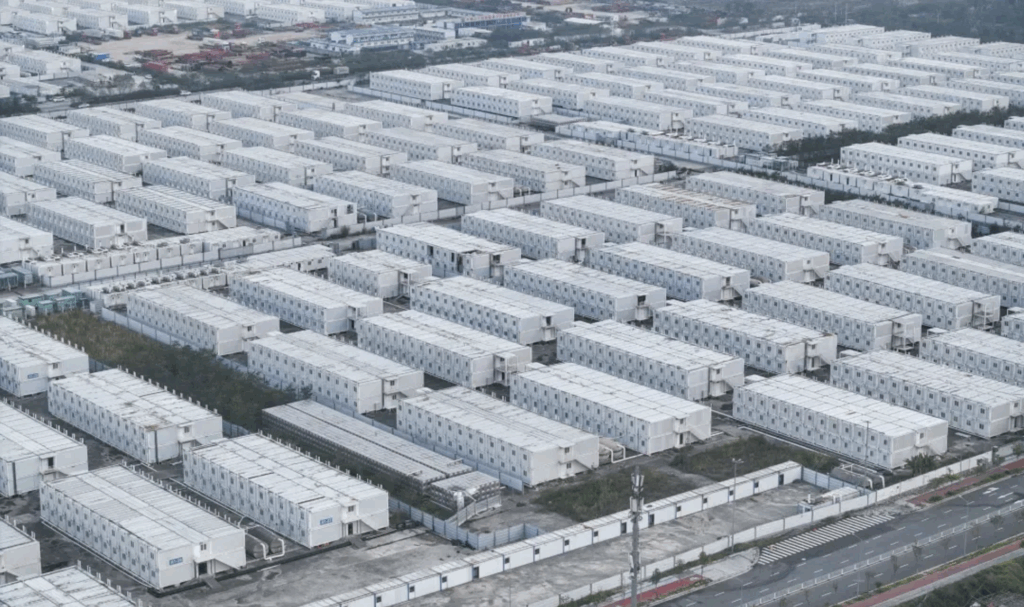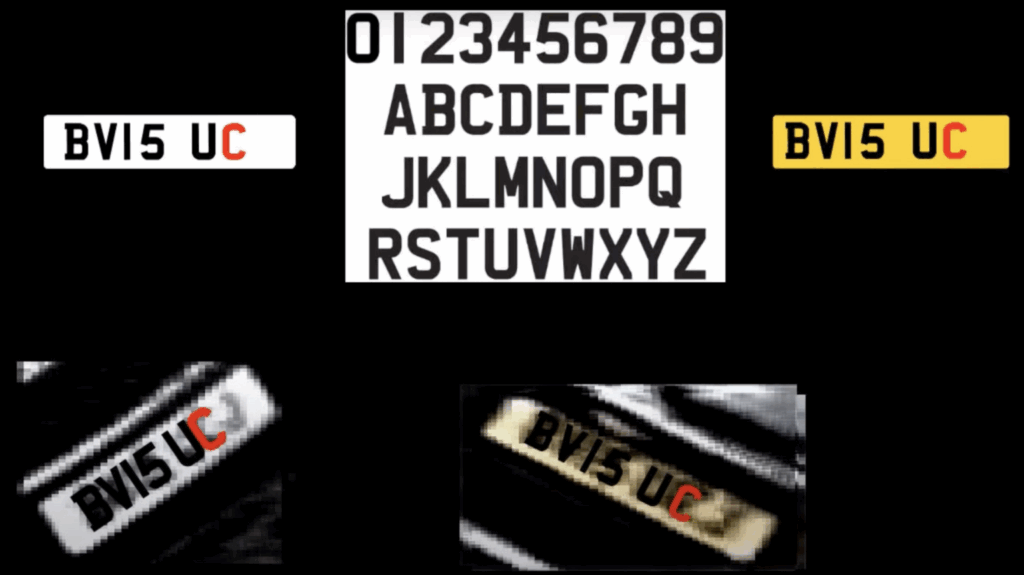颁授奖项
全球闪耀光辉奖

Stephan Hofstatter, Mzilikazi wa Afrika, and Rob Rose from South Africa’s Sunday Times share the Shining Light.
Every two years, the Global Investigative Journalism Conference presents the Global Shining Light Award, a unique award which honors investigative journalism in a developing or transitioning country, done under threat, duress, or in the direst of conditions.
Deadline for the next award is April 1, 2015, for stories published or broadcast between January 1, 2013 and December 31, 2014. Awards submissions will be accepted starting in January.
The 2013 award was presented at the Global Investigative Journalism Conference. This was the fifth international conference at which the Global Shining Light Award was being granted. Past winners can be seen here in Geneva in 2010 and in Kiev in 2011.
The award was announced and presented at a public forum at the global conference, held October 12 to 15, 2013, in Rio de Janeiro, Brazil.
Background
Each year dozens of journalists and media workers are killed – and hundreds more are attacked, imprisoned or threatened – just for doing their job. Many of these violations of free expression occur in developing or emerging countries, and quite often during military conflicts. There are a number of international awards recognizing such attacks on freedom of expression.
But there is another clear trend that emerges in analyses of global attacks on reporters and the media. More and more journalists are being killed, and media outlets attacked, because they are carrying out important efforts in investigative journalism – exposing uncomfortable truths, shining light on systemic corruption, and providing accountability in societies yearning for democracy and development. There are as many journalists killed each year covering crime and corruption as are killed covering wars, according to the Committee to Protect Journalists.
On behalf of the global investigative journalism community, the Rio conference recognized and celebrated these courageous investigative journalists and their work. The winner received an honorary plaque and US$1,000.
Criteria
The journalist, journalism team, or media outlet provided independent, investigative reporting, which: Originated in and affected a developing or emerging country
- Was broadcast or published between January 1, 2013 and December 31, 2014;
- Was of an investigative nature;
- Uncovered an issue, wrong-doing, or system of corruption which gravely affected the common good;
- And did so in the face of arrest, imprisonment, violence against them and their families, or threats and intimidation
Previous Awards
The first Global Shining Light Award was presented in 2007 to Paul Christian Radu and Sorin Ozon from the Romania Centre for Investigative Journalism, Eldina Pleho and Alison Knezevic from the Centre for Investigative Reporting in Bosnia, Stanimir Vlaglenov from Bulgaria, and Altin Raxhimi from Albania for their collaborative project Power Brokers. The project investigated an energy crisis that caused massive power outages across Romania, Bosnia, Bulgaria, and Albania. The series exposed questionable deals by shadowy businessmen operating across the Balkans that returned huge profits to power traders but resulted in exorbitant electricity rates applied to impoverished citizens.
The next award, presented in 2008, honored Sonali Samarasinghe, a Sri Lanakan investigative journalist who exposed how a powerful government minister used his power and connections to the prime minister to run roughshod over the media and the justice system. Samarasinghe was later forced to flee the country after her husband was murdered and her own life was threatened.
In 2010, the award went to Vitalie Calugarearenu, Vlad Lavrov, Stefen Candea, Dumitru Lazur, and Irina Codrean, who worked together to expose how the former president of Moldova abused his power to enrich himself and his family. They obtained information on Voronin’s private properties from 1996-2009 and showed how he used his position to create monopolies for his family businesses.
The fourth Global Shining Light Award, given in 2011, honored Brazilian reporters James Alberti, Katia Brembatti, Karlos Kohlbach, and Gabriel Tabatcheik from Gazeta do Povo and PRC Television for Secret Diaries. The reporters spent two years building a database to reveal how the Parana state legislative assembly systematically pilfered as much as $400 million in public funds. The 2010 series drew 30,000 people to the streets in anti-corruption protests and resulted in more than 20 criminal investigations.
The Global Shining Light Award is sponsored by the Global Investigative Journalism Network, an association of more than 100 nonprofit groups in 45 countries that work to support and spread investigative reporting. Founded in 2003, the GIJN helps organize regional and international conferences and workshops, assists in the formation and sustainability of organizations dedicated to investigative reporting and data journalism, promotes best practices and access to public documents and data, and provides resources and networking services for investigative journalists worldwide.
For more information contact: shininglight (at) gijn (dot) org








